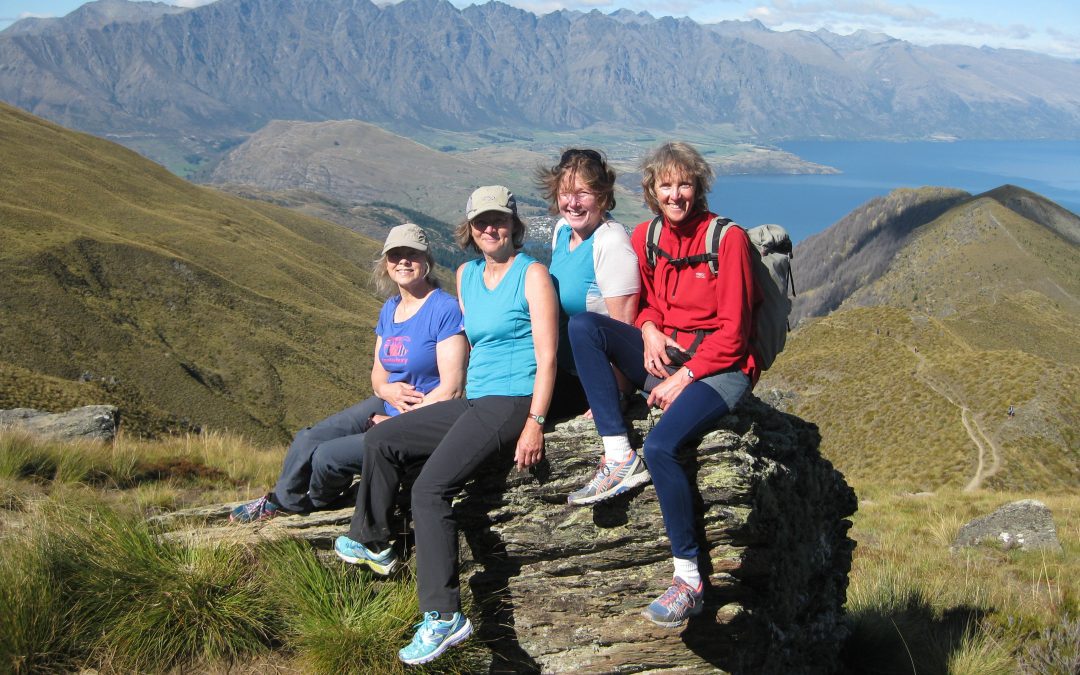Active women dealing with pelvic organ prolapse (POP)
This blog is from a guest writer – Anja Morris. Thank you Anja for sharing your story……
You might tell a friend over a cup of coffee that you’ve got a sore back, but “Guess what happened, my bladder/uterus/rectum slipped.”?
Or, “I can’t lift my child because…I’ve got an issue down below.”?
Not likely!
I love the outdoors. I’m a keen tramper. I enjoy SUPing and kiteboarding. I feel fit and active. And yet my pelvis went POP. Why me?
That was the question I asked myself when, in July 2019, my uterus unexpectedly slipped lower than it should be.
Pelvic organ prolapse (POP) affects approximately 50 percent of women and 30 percent of female athletes, some of whom haven’t even given birth. Maybe your mother, sister, wife, partner, daughter. It affects our family, work and social life, it restricts our sporting activities.
POP is common, yet most of us get caught by surprise when it happens because we have never heard of it before! Due to it’s location in the body, an intimate area, it is a subject not often talked about.
My POP experience started me on a new journey. I had so many questions. If POP was such a common condition, why was it not talked about? Why was there such a stigma associated with pelvic organ prolapse? How did other women deal with the restrictions that POP had on their daily lives? The physical, but especially the mental impacts?!
To find answers, I started the ‘POP goes my pelvis’ project. Trying to get information about the project out there was a reality check – it showed some of the reasons why POP was not talked about. Of thirty New Zealand newspaper editors I contacted, only one replied. She commented that most editors were male and that POP ‘was not exactly a sexy topic!’
So we’ve got a vicious cycle: lack of public information, little confidence to talk about it, and thus a continuing silence.
A year of collecting stories from active women around New Zealand who have experienced a prolapse, and gaining feedback from a range of pelvic health physiotherapists, resulted in the Active and POP website. Women in their thirties to seventies share their experiences and offer advice on something they thought would never happen to them.
Together, we talk about POP to raise awareness and remove the stigma. We provide links to helpful resources. Most importantly, we want women to know that they are not alone and that they can live an active life again!
For more information, please see website https://www.activeandpop.org.nz/

